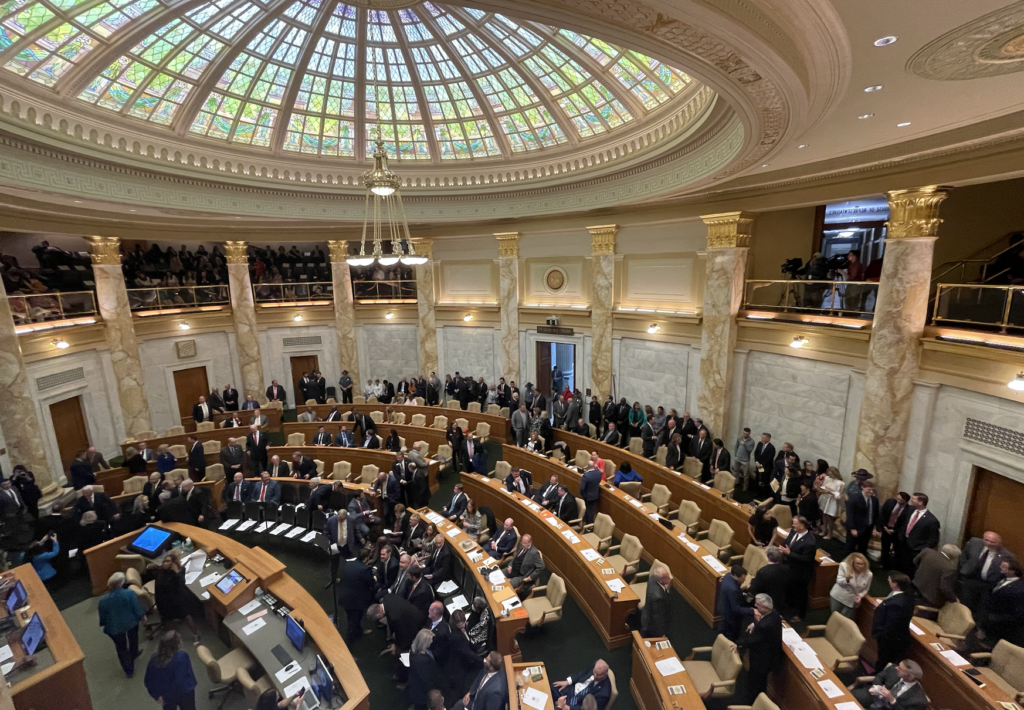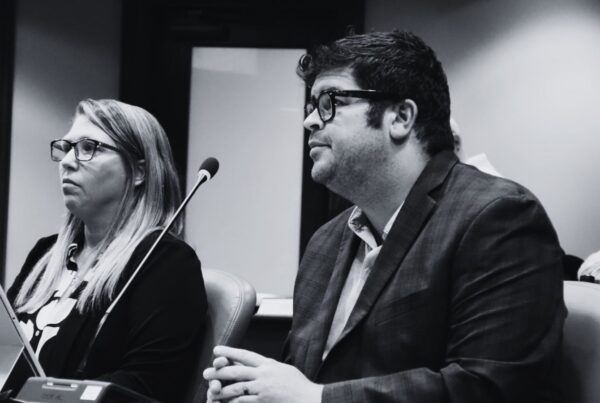As the industry grows, so do concerns over noise pollution and excessive use of resources like water and electricity
What even is crypto mining?
Crypto mining involves solving complex mathematical equations using powerful computers, a process that requires substantial energy consumption.
Imagine you have a big puzzle made of numbers, and you want to solve it to earn special coins. Crypto mining is like having a super-fast computer that helps solve these puzzles really quickly. When you solve a puzzle, you get a coin as a reward. Crypto mining is when people or companies use lots of computers to solve puzzles and earn coins.
The problem with crypto mining is that solving these puzzles takes a lot of energy, requiring the use of many powerful computers that generate a continuous, loud buzzing. The whole setup is bothersome at best and a giant, energy strain on local resources at worst.
These mining operations often run 24/7, emitting a constant buzz from the cooling of computers fans, which requires a large amount of electricity and water. Some states have prioritized energy demands of the mines over the energy needs of residents.
During a recent winter storm in one Appalachian town, the Tennessee Valley Authority issued rolling blackouts for homes and businesses to lessen power grid demands. The local crypto mine, however, never lost power.
Opponents to mines here in Arkansas are rightfully concerned about strain the mines put on local utilities, exacerbating concerns about sustainability and infrastructure impact over time.

Last year, the Arkansas Legislature passed the Arkansas Data Centers Act, which prevents local governments from implementing noise and zoning regulations specific to crypto mines.
Since then, the legislation has faced criticism, especially from counties and local authorities in Arkansas.
The Democrat-Gazette reports several lawmakers have expressed regret over voting for the Act, and fiscal session is an opportunity to remedy these issues. Just yesterday, several resolutions were introduced at the start of the fiscal session to address problems with our state’s crypto mining law.
A bunch of resolutions and bills have been filed to address crypto mining. Here are three biggies:
- Senator Joshua Bryant’s proposal:
- Limits ownership of mines by foreign entities
- Imposes distance requirements from residential and commercial areas
- Requires noise mitigation practice
- Senator Missy Irvin’s proposal
- Sets decibel limits for crypto mines
- Creates a state-level regulatory framework to streamline oversight
- Senator Bryan King’s proposal
- Addresses economic impact
- Imposes fees on excessive energy usage
- Restricts the use of foreign-made technology
- Ensures compliance with financial regulations
These proposals reflect a broader effort to balance the economic opportunities presented by crypto mining with the need to protect local communities and resources. As lawmakers navigate this complex landscape, the voices of Arkansas residents must be heard to ensure policies that promote sustainable development and safeguard quality of life.





